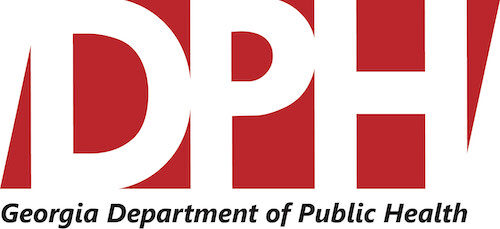Senior Research Program Coordinator, Johns Hopkins University
Category : Alumni
Description
We are looking for an experienced Sr. Research Program Coordinator (SRPC) to lead protocol implementation for international research studies in HIV and tuberculosis, primarily in southern Africa (South Africa, Zimbabwe, Mozambique, and Malawi). The overall focus of these studies is HIV and TB testing and case finding, treatment initiation, retention in care, and optimizing aspects of care delivery including TB preventive therapy. Responsibilities include administrative and scientific implementation of study protocols, database and data oversight, coordination with local investigators and field research staff, and participation in the analysis and dissemination of research findings. The ideal candidate will have superb organization, initiative, interpersonal skills, analytic experience, and excellent writing skills to coordinate several studies involving clinical trial, observational data collection, and qualitative analysis in the general discipline of implementation science. The SRPC reports to the PI and supports, facilitates, and coordinates daily study activities, playing a critical role in the overall conduct of the studies and dissemination of the findings. To perform these duties, the SRPC works with the PI, collaborating co-investigators, and partner institutions in the US and abroad. Duties range from study tool and database development and data quality assessments to coordination of study team meetings, managing regulatory submissions, and conducting statistical analysis and manuscript preparation. The primary work location is Baltimore, Maryland with anticipation of regular travel to South Africa and other sub- Saharan African and international sites once COVID-19 travel restrictions are eased.
Duties & Responsibilities
In collaboration with the PI, the responsibilities of the SRPC involve supporting studies from inception and grant writing to close-out and final analysis and publication. Specifically:
Project Management
- Proactively manage and communicate regarding study progress with the PI and collaborators.
- Assist with grant preparation: Managing documents, writing components of grants, assisting with budgets and budget justifications, and literature searches.
- Study design and data collection: Coordinating and contributing to study protocol development. Overseeing data tool development. Assists in preparation of all documents related to the informed consent process.
- Managing regulatory submissions (e.g. IRB, clinicaltrials.gov) and keeping regulatory approvals up to date.
- Assists in submission of closeout documents to applicable federal agencies, university entities, and the sponsoring agency.
- Coordinates meetings and other communication between international partners and JHU investigators.
Data Management
- Monitors data quality and develops data queries in collaboration with in-country partners.
- Prepares quantitative data for analysis, including data cleaning.
- Participate in coding and analysis of in-depth interviews for qualitative components of studies.
Analysis and Dissemination
- Conducts statistical analysis of collected data (e.g., multivariable regression).
- Present results at scientific conferences and other national and international venues.
- Contribute to writing of manuscripts.
- Prepare updates for study site partners including health facilities and TB program leadership.
- Prepare other dissemination products as needed.
Qualifications
Minimum Qualifications
Bachelor’s Degree in related discipline required. Minimum of three years related experience. Additional education may substitute for experience, to the extent permitted by the JHU equivalency formula.
Preferred Qualifications
Related Master’s preferred MPH, MSc. Ability to use analysis applications including (e.g. STATA). Experience with qualitative coding software such as MAXQDA or Nvivo. Special Knowledge, Skills, and Abilities Experience managing health-related research required. Demonstrated skills in oral and written communication required.
Other
Ability to function independently with a high degree of motivation essential. Proficiency in the use of software applications, databases, spreadsheets, and word processing required. Excellent organizational skills required. Excellent attention to detail skills required. Ability to manage multiple and competing priorities. Must have excellent organizational and time management skills. Must have excellent oral and written communication skills. Must have ability to travel to study sites (Africa). Oversea travel will vary but will not exceed 20% of time.
How to Apply
Click here to read more about this position and apply online!









Recent Comments